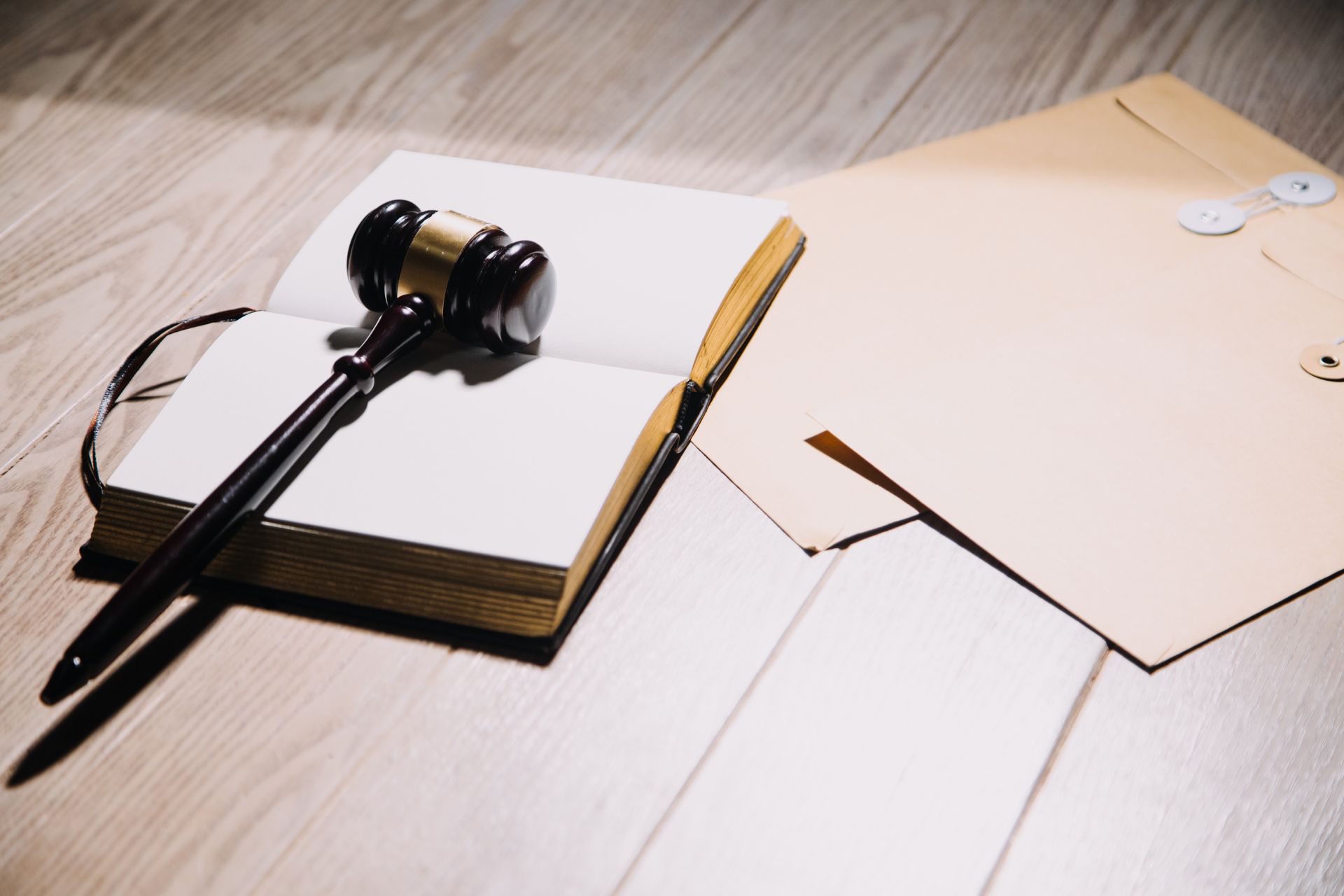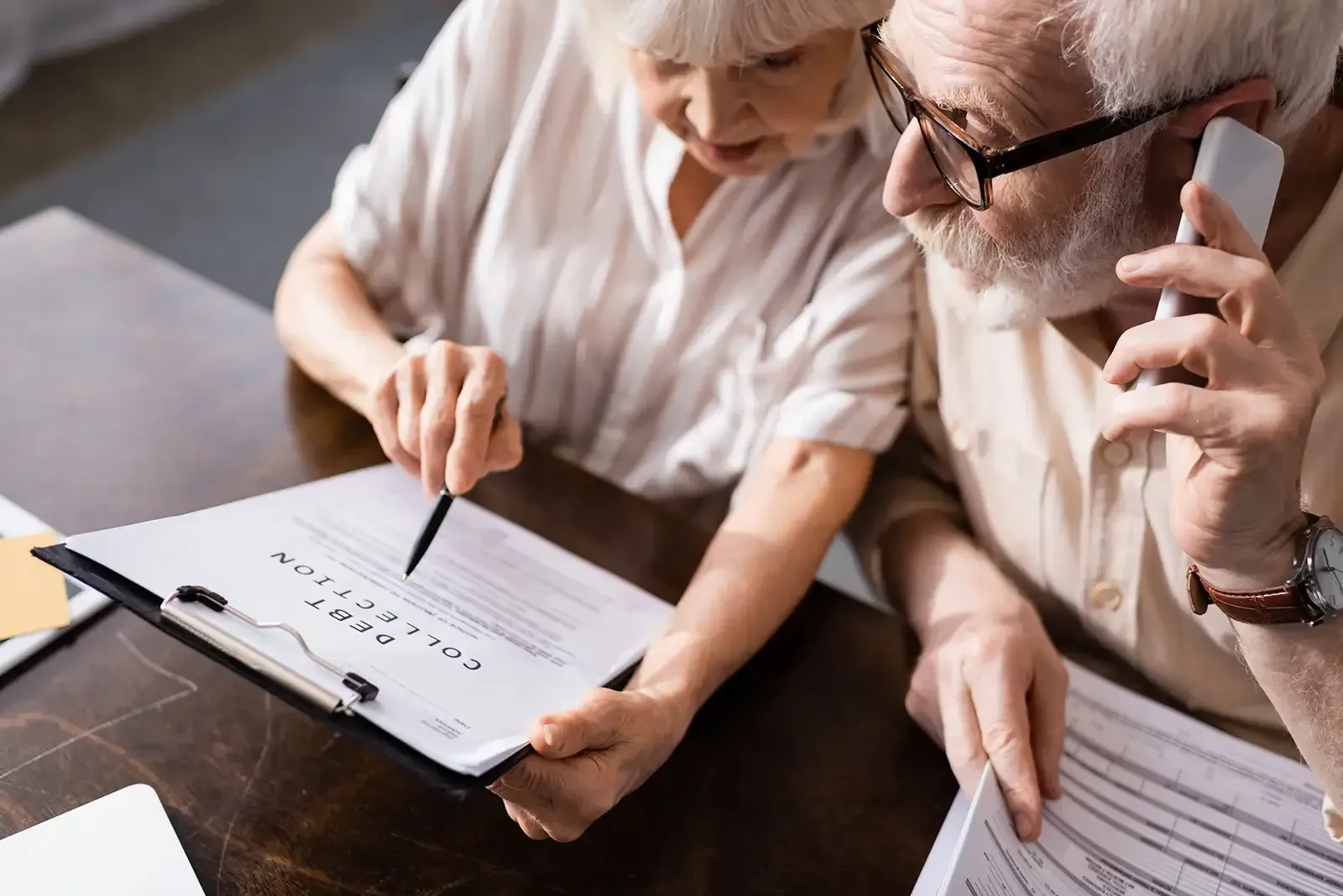Contact Us
Phone: 215-774-6158
Locations
1816 West Point Pike
Suite 121
Lansdale, PA 19446
128 Chestnut Street
Suite 301-B
Philadelphia, PA 19106
Hours
- Mon - Sun
- Open 24 Hours
Call Now: 215-774-6158
Slip and Fall Injuries: When Is a Property Owner Liable?
Slip and Fall Injuries: When Is a Property Owner Liable?
Slip and fall accidents can happen anywhere—grocery stores, apartment buildings, parking lots, or sidewalks—and they often result in serious injuries like broken bones, head trauma, or back injuries. When these accidents occur, a key legal question is: Is the property owner responsible?
Under Pennsylvania premises liability law, property owners have a duty to keep their property reasonably safe for visitors. If they fail to do so and someone gets hurt as a result, they may be held legally responsible for the injury.
When Is a Property Owner Liable?
Liability depends on several factors, including the legal status of the visitor (invitee, licensee, or trespasser), the condition of the property, and whether the owner knew—or should have known—about the hazard.
1. Dangerous Conditions:
If a property owner knew or should have known about a dangerous condition, such as a wet floor or an icy walkway, and did not take reasonable steps to fix it or warn visitors, they could be liable for resulting injuries.
2. Reasonable Care:
Property owners are expected to perform routine maintenance and inspections. Failing to take these basic steps can lead to accidents—and legal consequences.
3. Foreseeability:
The hazard must have been foreseeable. If a condition arises so suddenly that the owner couldn’t have reasonably known about it (e.g., a drink spilled seconds before a fall), they may not be liable.
Proving a Slip and Fall Claim
To bring a successful claim, you typically must show:
- A dangerous condition existed on the property
- The owner knew or should have known about the condition
- The owner failed to take appropriate action
- You were injured as a result
Photographs, witness statements, medical records, and incident reports are often crucial to building a strong case.
What If You Were Partially at Fault?
Pennsylvania follows a modified comparative negligence rule. This means that if you were partially responsible for your fall—say, you weren’t watching where you were walking—you can still recover damages, as long as you were less than 51% at fault. However, your compensation will be reduced in proportion to your level of fault.
How Tadross Law Can Help
If you’ve been injured in a slip and fall accident, navigating the legal process on your own can be overwhelming. At Tadross Law, we provide legal guidance to help injured individuals throughout Pennsylvania. We can review the facts of your case, gather evidence, and advocate for fair compensation for your medical bills, lost wages, and pain and suffering.

We Can work within your budget
If you think you don't have options, think again. Give us a call for a free consultation to see what can be done. Creditors have their attorneys, and so should you.
Homepage FCE Form
We will get back to you as soon as possible.
Please try again later.
By submitting this form, you agree to be contacted by our law firm, either by phone, text or by email.
Lansdale Office
1816 West Point Pike
Suite 121
Lansdale, PA 19446
Hours
We are open 24 hours a day
We are proudly designated as a debt relief agency. We help people file for bankruptcy relief under the Bankruptcy Code. This website is general in nature and for informational purposes only. This website does not create an attorney client relationship under attorney rules of ethics. An attorney client relationship is created with us only after a meeting and the signing of an attorney client engagement agreement. We encourage you to seek legal counsel regarding your particular situation.
All Rights Reserved | Tadross Law | Powered By Convert It Marketing | Privacy Policy
All Rights Reserved | Tadross Law | Powered By Convert It Marketing | Privacy Policy





